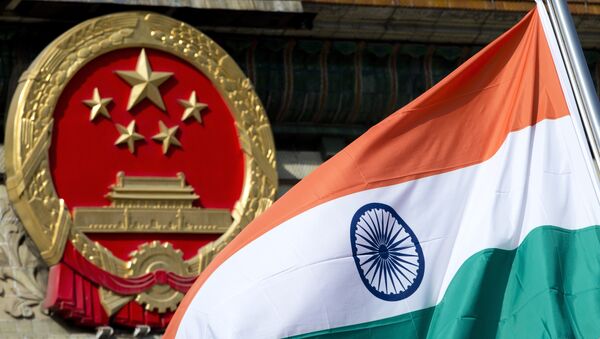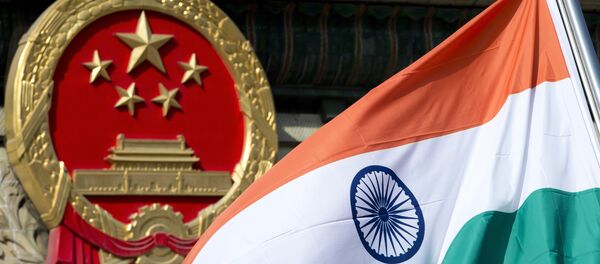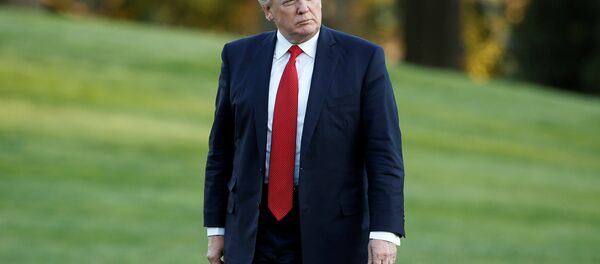“India and Russia are two pillars of stability in Eurasia and along with China form a triangle of stability in the world. All three have huge stakes in the current global order based on free trade and sustainable development especially when global politics is being dominated by rhetoric on protectionism, anti-climate change stance, targeting select few countries on personal whims,” Georgy Toloraya, Director of the Centre for Russian Strategy in Asia at the Institute of Economics of the Russian Academy of Sciences, told Sputnik.
On Thursday, President Trump added Canada as well to the list of countries he “accuses of preying on US workers and exploiting naïve American trade policies”. There is a long list of measures that his administration has taken since inauguration on January 20 to protect so-called American interests, beginning with pulling out of the Trans-Pacific Partnership.
According to a report in the New York Times, Trump is soon going to order a fresh probe into allegations of steel dumping by China, Japan, Mexico and other exporters to the US. Not only that, his administration is likely to use “national security” logic to defend the interests of the US steel industry.
The H-1B visa overhaul in the US has set in motion the politics of protectionism in other Western countries. The Australian government, led by Prime Minister Malcolm Turnbull, who was reportedly lectured by Trump on tightening visa norms during their first call, has scrapped the 457 visa program used by over 95,000 temporary foreign workers, a majority of them Indians, to tackle unemployment. Last year, the UK toughened it’s visa rules and raised the cost of visas by introducing new measures.
“The world has become extremely uncertain and the rules of the game have changed with many global institutions proving to be insufficient to address many of these challenges. It is the combined influence of like-minded countries like Russia and India which can promote a value-laden, rules-based system where even weaker and less developed countries have their say,” Sunjoy Joshi, President, at the New Delhi-based Observer Research Foundation, told Sputnik.
Trade, like electricity, moves in the direction of least resistance, and China is key to Eurasian economic integration along with its One Belt, One Road initiative. The emerging thinking within China is to channel their savings within Asia instead of routing it to the US, Srinath Raghavan, senior fellow at the Centre for Policy Research in New Delhi, noted in an earlier article on Sputnik.





